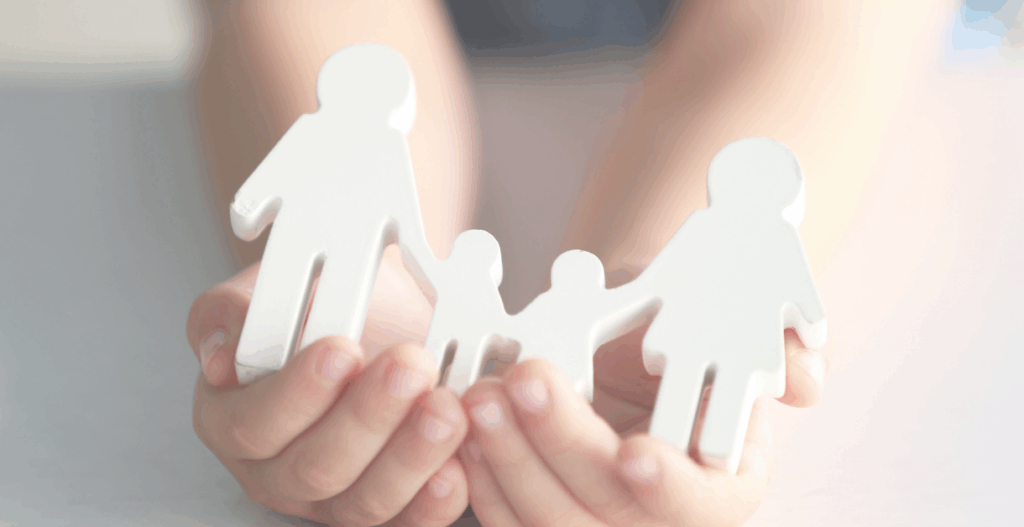

Gina Lee
Gina Lee is your trusted guide for U.S. tax law, corporate compliance, and estate planning, providing personalized, strategic counsel to help achieve your financial and personal goals with confidence.
The One Big Beautiful Bill Act (OBBBA), signed into law on July 4, 2025, introduced sweeping changes to the U.S. tax code, with a particular focus on enhancing family-related tax benefits. One provision is the reform of the Adoption Tax Credit, which aims to make adoption more financially accessible for families across income levels.
Under the Tax Cuts and Jobs Act (TCJA), the Adoption Tax Credit was nonrefundable, meaning it could only reduce a taxpayer’s liability to zero but not result in a refund. The maximum credit was tied to qualified adoption expenses, capped at $16,810 in 2024, and could be carried forward for up to five years. The credit was subject to income phaseouts, which started at a Modified Adjusted Gross Income (MAGI) of $252,150 and was eliminated entirely at $292,150 in 2024. The Adoption Tax Credit was most beneficial to taxpayers with sufficient tax liability, limiting its usefulness for lower-income families.
Under the OBBBA, the Adoption Tax Credit was significantly enhanced starting in tax year 2025. Up to $5,000 of the credit is now refundable, meaning families can receive this portion as a refund even if they owe no federal income tax. This change dramatically increases the credit’s value for lower- and middle-income households. The remaining portion of the credit remains nonrefundable and subject to the existing carryforward rules. The phaseout range is between $259,190 and $299,190 MAGI, and the qualified adoption expenses are capped at $17,280 for tax year 2025. The income phaseout range, refundable portion, and overall credit amount are indexed for inflation, ensuring continued relevance in future years.
The credit applies to international, domestic, private, and public foster care adoptions. Families adopting children deemed to have special needs by state or tribal authorities may qualify for the full credit even without incurring qualified expenses.
The changes made to the Adoption Tax Credit marks a pivotal shift in federal support for adoptive families. By introducing partial refundability and maintaining generous credit limits, the law removes key financial barriers and aligns tax policy with broader social goals of child welfare and family stability. Families adopting children with special needs can receive full credit regardless of expenses, promoting the adoption of children who might otherwise remain in foster care. The refundable adoption credit can be stacked with other family-related credits, such as the Child Tax Credit, which was also increased to $2,200 per child under the OBBBA. Strategic coordination can maximize overall tax benefits.
This is a follow-up to our previously published articles, where we introduced the major provisions of the OBBBA impacting individual taxpayers.
- The One Big Beautiful Bill Act: What It Is and How It Affects Individuals
- Navigating the One Big Beautiful Bill Act: Key Tax Updates for Individuals
- Powering Down: EV and Clean Energy Credits Set to Expire
- Making Child Care More Affordable: What the One Big Beautiful Bill Means for Families at Home and Abroad
- Trump Accounts Explained: What Families Need to Know
- Mortgage Interest and Insurance Deductions After OBBBA: Key Changes and Tax Planning Opportunities
- Fueling Affordability: How the OBBBA Helps Car Buyers
- Back to School: Changes to Education Tax Credits You Should Know Heading into the New School Year
- 529 Plan Changes in 2025: Expanded Qualified Expenses Under the OBBBA
- How the OBBBA Changes Charitable Contributions and Scholarship Tax Benefits
- Miscellaneous Provisions under the OBBBA
Read our related articles analyzing the One Big Beautiful Bill Act and its implications for wealth and estate planning, and businesses.